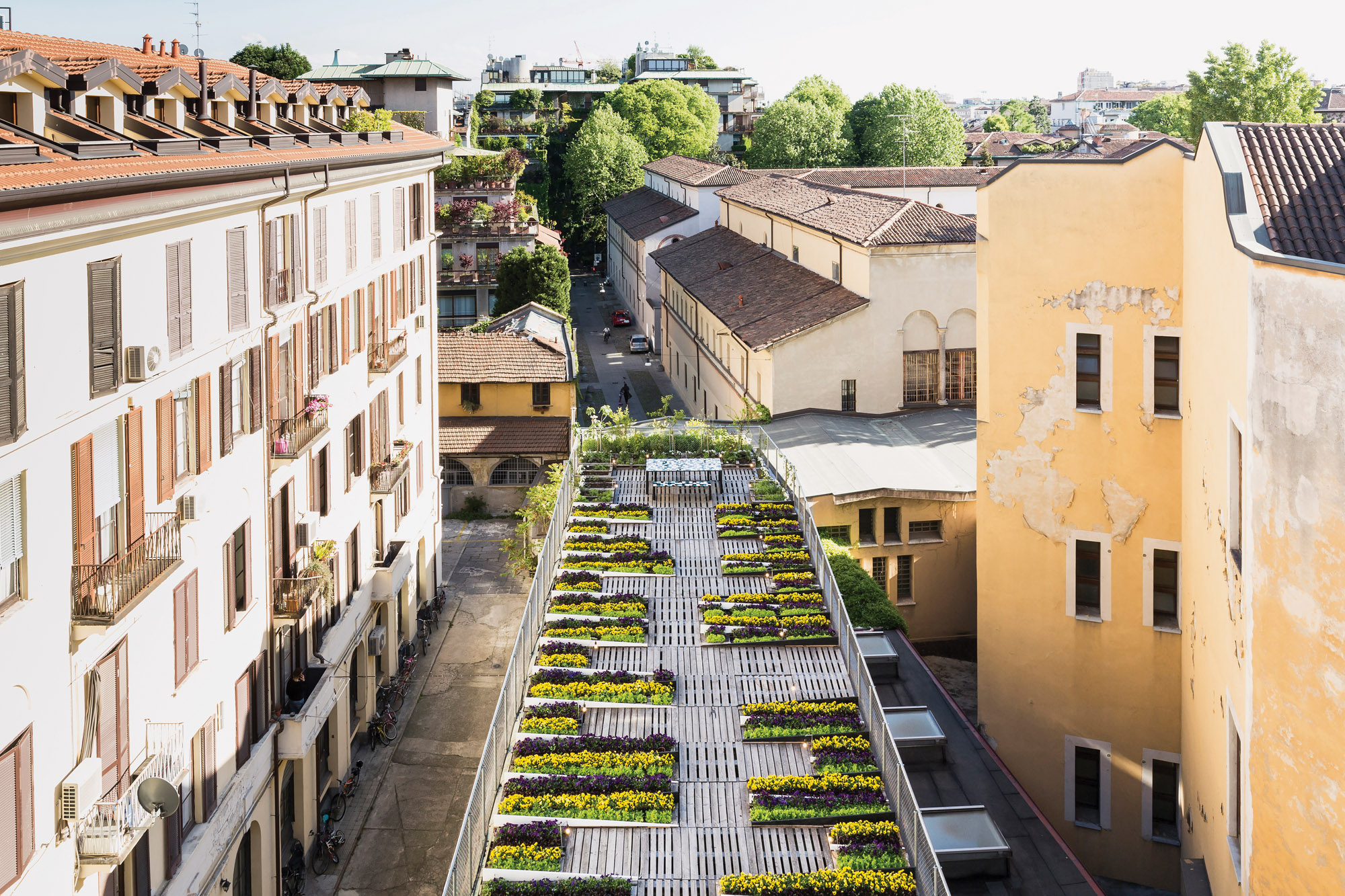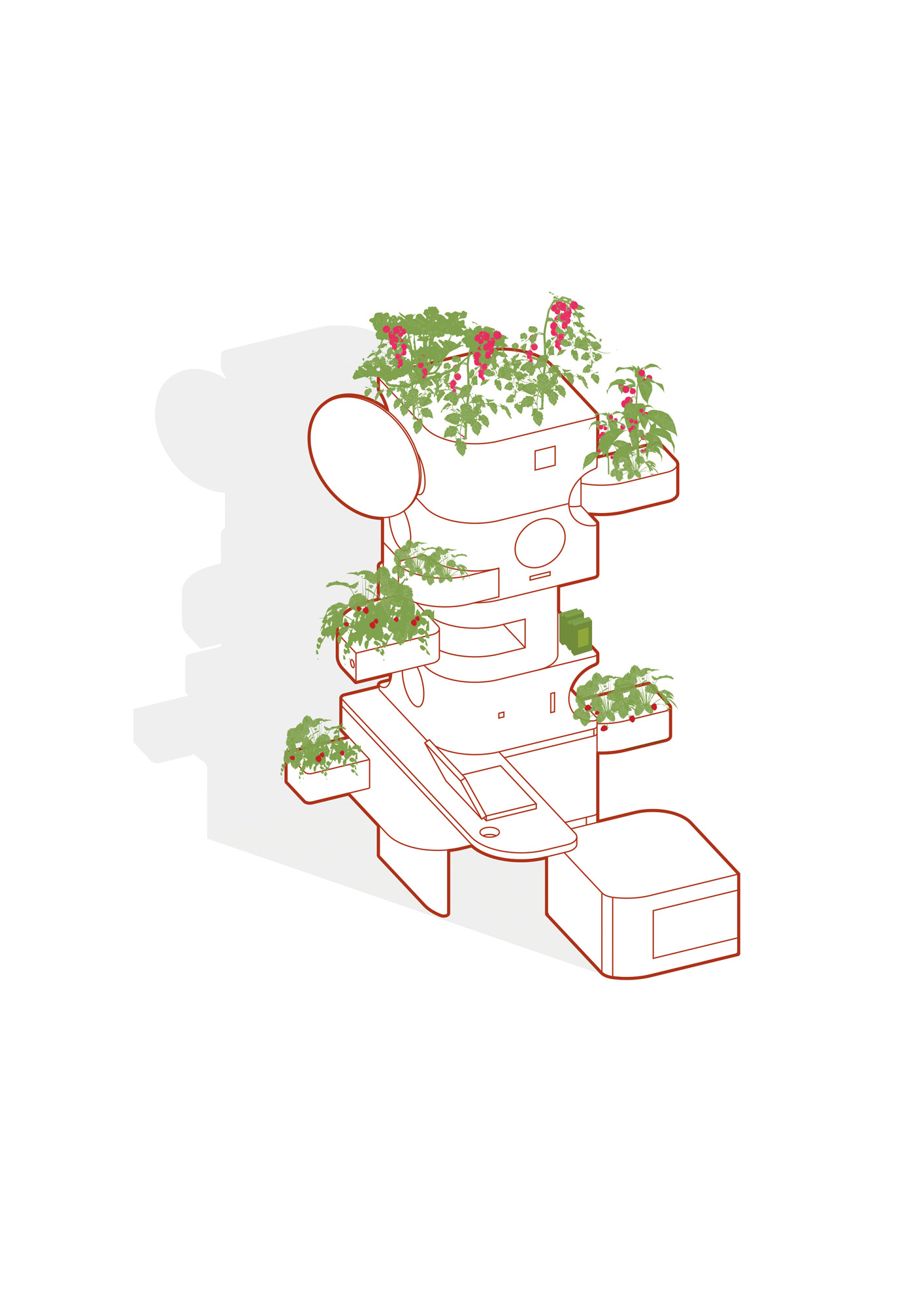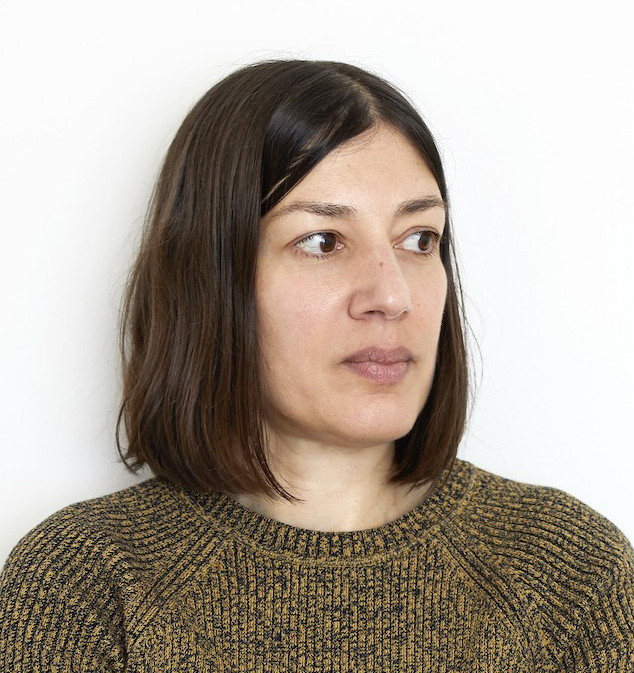Piuarch's innovative urban gardening kit
Milan studio Piuarch moves from green roofs to a multipurpose module for city dwellers, offering planting, workstation and wellness space in one


Receive our daily digest of inspiration, escapism and design stories from around the world direct to your inbox.
You are now subscribed
Your newsletter sign-up was successful
Want to add more newsletters?

Daily (Mon-Sun)
Daily Digest
Sign up for global news and reviews, a Wallpaper* take on architecture, design, art & culture, fashion & beauty, travel, tech, watches & jewellery and more.

Monthly, coming soon
The Rundown
A design-minded take on the world of style from Wallpaper* fashion features editor Jack Moss, from global runway shows to insider news and emerging trends.

Monthly, coming soon
The Design File
A closer look at the people and places shaping design, from inspiring interiors to exceptional products, in an expert edit by Wallpaper* global design director Hugo Macdonald.
Milan has long been a city of secret gardens. In this dense, industrial, grande dame of a metropolis, composed of large apartment blocks and walled-off palazzos, one of the great joys of wandering aimlessly is accidentally discovering the planted clearings and courtyards that offer respite from its fabricated scenery. Still, many such green spots remained private and off-limits to most until recently, when more parks and community vegetable gardens slowly started to make an appearance. Milan Green Week in 2019 and local organisations such as Clever Cities and RoofMatters have been helping to foster sustainable practices in the city, including a culture of urban gardening and green roofs.
Brera-based architecture studio Piuarch has been cultivating its own planted roof since 2015, titled Garden Among the Courtyards – enhancing liveability, wellbeing and social relations for both employees and the local neighbourhood. Directors Germán Fuenmayor, Gino Garbellini, Monica Tricario and Francesco Fresa believe that while the design community is aware and engaged in the dialogue about creating more green space in their city, there’s still much to do. ‘It is not only about urban planning but also about subverting social, cultural and educational policies within the city and people,’ says Fresa.
Their Re-Made response? An urban gardener’s survival kit, conceived as a design object that bridges functionality and aesthetics, while providing a muchneeded horticultural solution for city dwellers with no access to green spaces. The aim is to develop ‘a modular totem of urban agriculture for individuals living in cities’, explains Fresa. ‘The module combines multiple functions, becoming a sort of multi-tool, a place to read, work, meditate, listen to music and work out.’

Piuarch has devised a blueprint for urban gardeners that embraces multiple functions. Solar power and a charging pad mingle with planting space in the fold-out module
The practice is no stranger to exploring the environmental and social aspects of architecture. ‘For us, the very concept of sustainability has many different meanings, not only in terms of energy and preserving the environment, but regarding landscape and social elements, too,’ says Fresa. ‘That is why cities have kind of lost their sense of place in their attempt to be smarter than ever. They are losing contact with both the human and the natural dimensions.’
The team has been involved in a variety of projects around urban agriculture and sustainable food production. Examples include the vegetable garden on their own green roof, conceived as an ecosystem that fosters biodiversity, improves the food supply chain and guarantees quality products; Espaço, a 2018 installation in São Paulo, aimed at restoring neglected urban areas and empowering the local community, especially children, involving them in play-training and food gardening activities; and Synergy Gardens, a 2018 network of urban gardens on rooftops of Chicago Public Schools, in the so-called ‘food deserts’, low-income neighbourhoods with limited access to nutritious food. For Piuarch, this Re-Made project is part of a wider discourse about reimagining cities and envisioning a more sustainable future for all.
‘The kit aims at creating a domestic Eden to grow plants and bring nature back into people’s lives, as well as taking care of wellbeing, and fostering healthy and enriching activities in a small place. It’s a sort of cabinet for multiple uses,’ says Fresa. ‘While we all agree on the benefits of open-air activities and consuming healthy organic food, we also know that not everyone living in big cities is able to do that on a daily basis. It can be an issue of time, space, money or the recent pandemic.’
While the project was developed before Covid-19 hit, the Milan-based team’s recent experience of lockdown has given the concept – a product to improve small-space living – new meaning and importance. ‘It can become a powerful tool,’ points out Fresa.
The kit comes as a simple, totem-like piece of furniture, which unfolds into a little garden, complete with hydroponic system and solar panels, a table, seats, telephone charger pad, sound amplifier and yoga mat station. Inspiration came from multifunctional objects that transform to accommodate a range of uses, and even the efficiency of the old-school one-man band. The team are on the hunt for the right manufacturing partner, and they say that options such as recyclable biocomposite plastics or timber, or even renewable, intelligent packaging material, are appealing to explore.
‘Everyone should have a rooftop garden, everyone should be able to enjoy the benefit of urban agriculture,’ concludes Fresa. ‘It is challenging, pleasant and helps to raise awareness of food and ecological choices.’
INFORMATION
Receive our daily digest of inspiration, escapism and design stories from around the world direct to your inbox.
Ellie Stathaki is the Architecture & Environment Director at Wallpaper*. She trained as an architect at the Aristotle University of Thessaloniki in Greece and studied architectural history at the Bartlett in London. Now an established journalist, she has been a member of the Wallpaper* team since 2006, visiting buildings across the globe and interviewing leading architects such as Tadao Ando and Rem Koolhaas. Ellie has also taken part in judging panels, moderated events, curated shows and contributed in books, such as The Contemporary House (Thames & Hudson, 2018), Glenn Sestig Architecture Diary (2020) and House London (2022).
